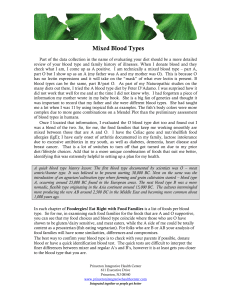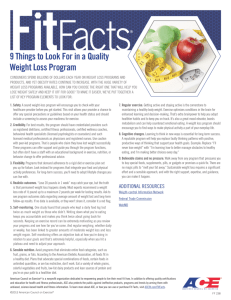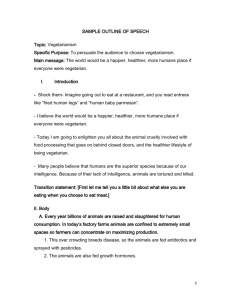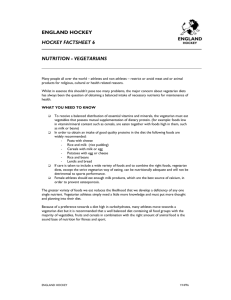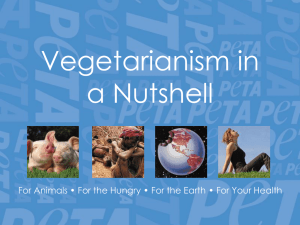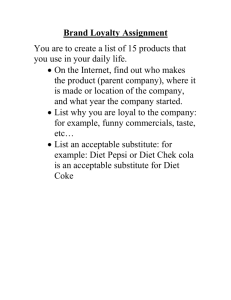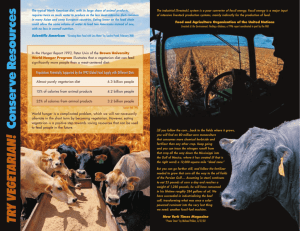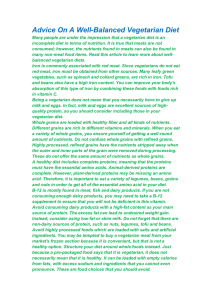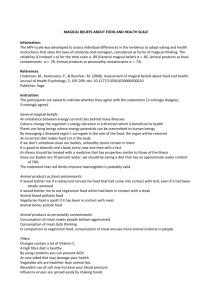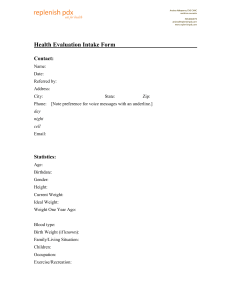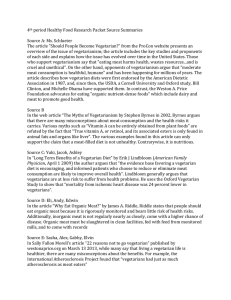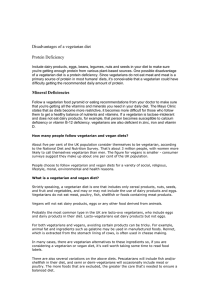PHL bq project
advertisement
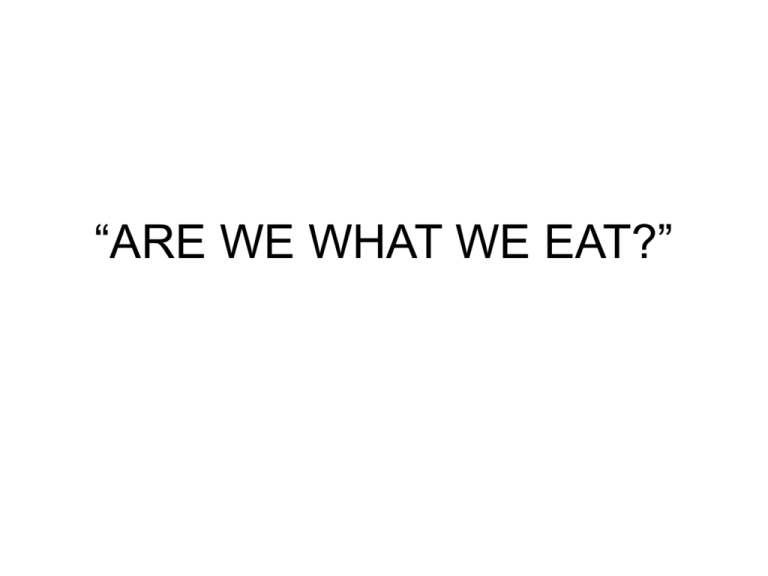
“ARE WE WHAT WE EAT?” • Can what we consume today be strongly related to our identities or is eating just about satisfying our hunger? • Food is necessary for our survival it is the nutritional substance that the body needs to sustain our overall health and keep the individual alive. • The decision of what we choose and desire to consume is also how we individually and characteristically formulate the basis of our own identity. • Theses choices and desires are considered to be ethics which deal with values, the set of values that we learn to live by. These decisions we know to be perceived as morally good from those which are morally bad. The foods we choose to eat give us personality; a basis for specific cultural identity that can have an influence on our decision making and reflect in our relationships, memories and emotional responses. • Food has a value which goes beyond just feeding and watering. Our routine of eating plays a motivating part in that which makes up our reality. • Life style changes that have occurred over many decades have caused conceeding to different consumption patterns, convenience foods and often the alliance of the two, which have caused change in attitude that contradict the influence of our cultural identity. • The traditional value Goodness as a concept especially being weakened, causing moral and ethical views that have been lost rather rapidly. • There is no question that so called life styles are causing diseases such as diabetes, stroke, heart disease, cancers and Obesity. • “Our demand for meat, dairy, and refined carbohydrates, our demand for these things, not our need, our want drives individuals to consume way more calories than are healthy for them and those calories are in foods that cause disease not prevent disease.” (Bittman). • Becoming increasingly more common, due to the enormous awareness of environmental issues, agribusiness and hyper consumption of food, the reassessment of attitudes, norms, and beliefs of individuals are shifting to that of healthier eating styles. • Vegan, vegetarian and flexitarian life styles. A study shown in Vegetarian times reported “Recent studies have shown that 3.2percent of U.S. adults follow a vegetarian base diet. Approximately .5 of those are vegans, who consume no animal products and 10 percent of adults say they largely follow a vegetarianinclined diet.”(vegetariantimes) As well as, Locavores who are becoming increasingly popular. Individuals who have an interest in these locally produced foods that have not moved long distances to market. • As long as I can remember my personal values have reflected an identity of needing to be as healthy as possible and achieving longevity of life, I have explored the option of flexitarian and also eating a diet according to my blood type. It is a diet formulated to your individual blood type in his book “Eat Right 4 Your Type” by Dr. Peter D’Adamo. The internal chemistry reflected in your blood type determines a clear plan of healthy foods that are recommended for you to eat. • • • Katy Hartman, MS, RD, LDN, “I do like the saying "Food is Fuel." I think when you fuel your body with the right fuel, you feel better and work better. If you fuel your body with the wrong fuel, you won't work as well. Just like a car - if you fill your car with the wrong gas, it won't run properly. Generally people who eat well, also take care of themselves in other aspects of life -they are more inclined to exercise, they work hard, they are productive members of society. Following a holistic approach to food has always been what I have known and is now my identity.” Jill is a vegetarian, her background is of a healthy life style and did include meat. Her inclination of change was cause for an even healthier diet due to health issues that arose causing her to come to new awareness. When she decided to eliminate meat she did not have much difficulty and reports a higher energy level and improving health as feeling much better without meat in her diet. • Elvin is an athlete and a professional boxer, he considers himself a Flexitarian, limiting the amount of meat he eats with replacement proteins. He is conscious of his nutritional intake as it plays a big role in his identity as a person as well as a professional boxer. Sustaining necessary energy levels he needs to maintain weight which are important in his training and competition. The life style diet he learned growing up was not of this type of awareness, he had to learn how to be a healthier eater. • There are many things to say regarding what we eat which involve an array of circumstances that bring us to eat and drink the way we do. There are ethical issues that also arise from the subject. Cultural identities that have lost sight of their eating habits with ever-changing dietary guidelines, marketing deception, and environmental factors. The effects have been cause for new awareness’s and cause new decision making on how to become healthier when it comes to our consumption of food. • “Because only once before has the fate of individual people and the fate of all of humanity been so intertwined. There was the bomb, and there's now. And where we go from here is going to determine not only the quality and the length of our individual lives, but whether, if we could see the Earth a century from now, we'd recognize it.” (Bitman). Works Cited • D'Adamo, Peter, and Catherine Whitney. Eat Right 4 (for) Your Type: The Individualized Diet Solution to Staying Healthy, Living Longer & Achieving Your Ideal Weight : 4 Blood Types, 4 Diets. New York: G.P. Putnam's Sons, 1996. Print. • Ayala, Elvin. "Professional Boxer, WBC North American Middle Weight Champion." Personal interview. 09 Nov. 2013. • Bittman, Mark. “Whats Wrong With What We Eat.” TED. lecture. • Bontonaki, Anna.,Konstadinos Mattas. “Revealing the Values behind Convenience Food Consumption.” appetite 55.(2010): 629-638. Academic Search Complete. Web. Gardell, Jill. "College Student, Salisbury University.” E-mail interview. 09 Nov. 2013. • Hartman, Katy. "MS, RD, LDN." Personal interview. 12 Nov. 2013. • "Vegetarianism In America." Vegetarian Times. Bill Harper, Oct. 2013. Web. 12 Nov. 2013.
